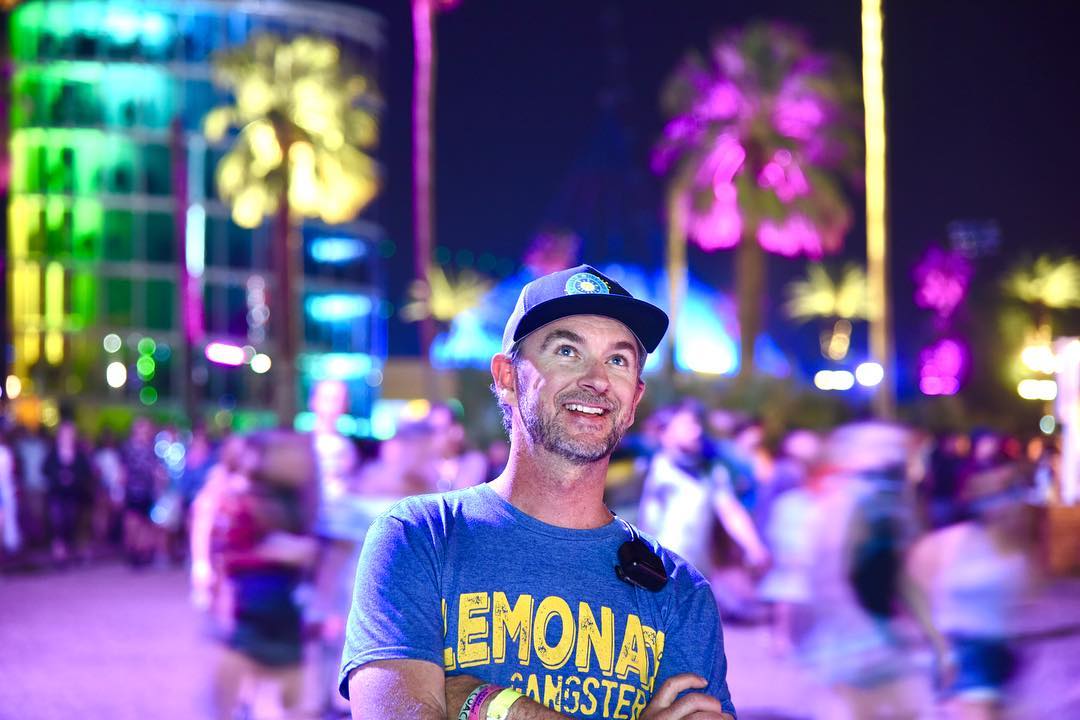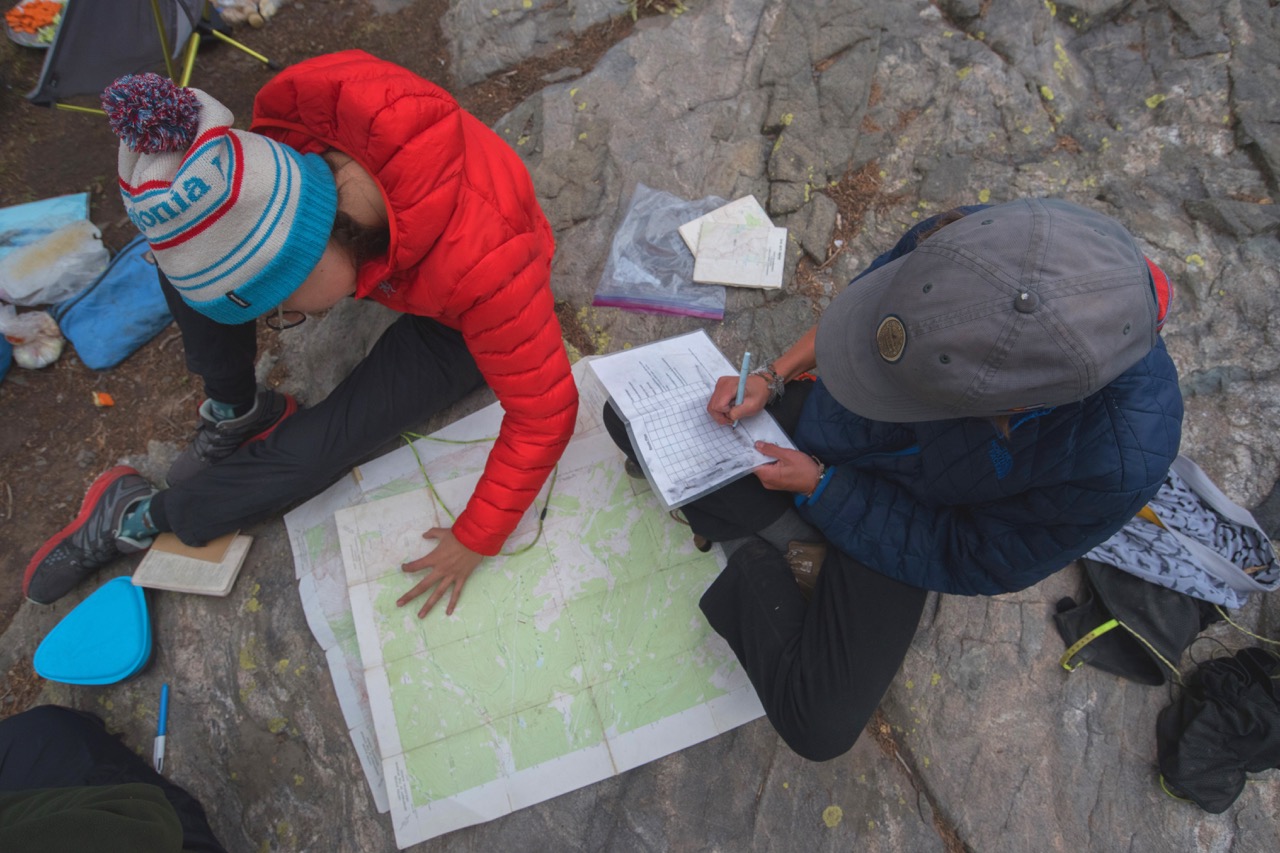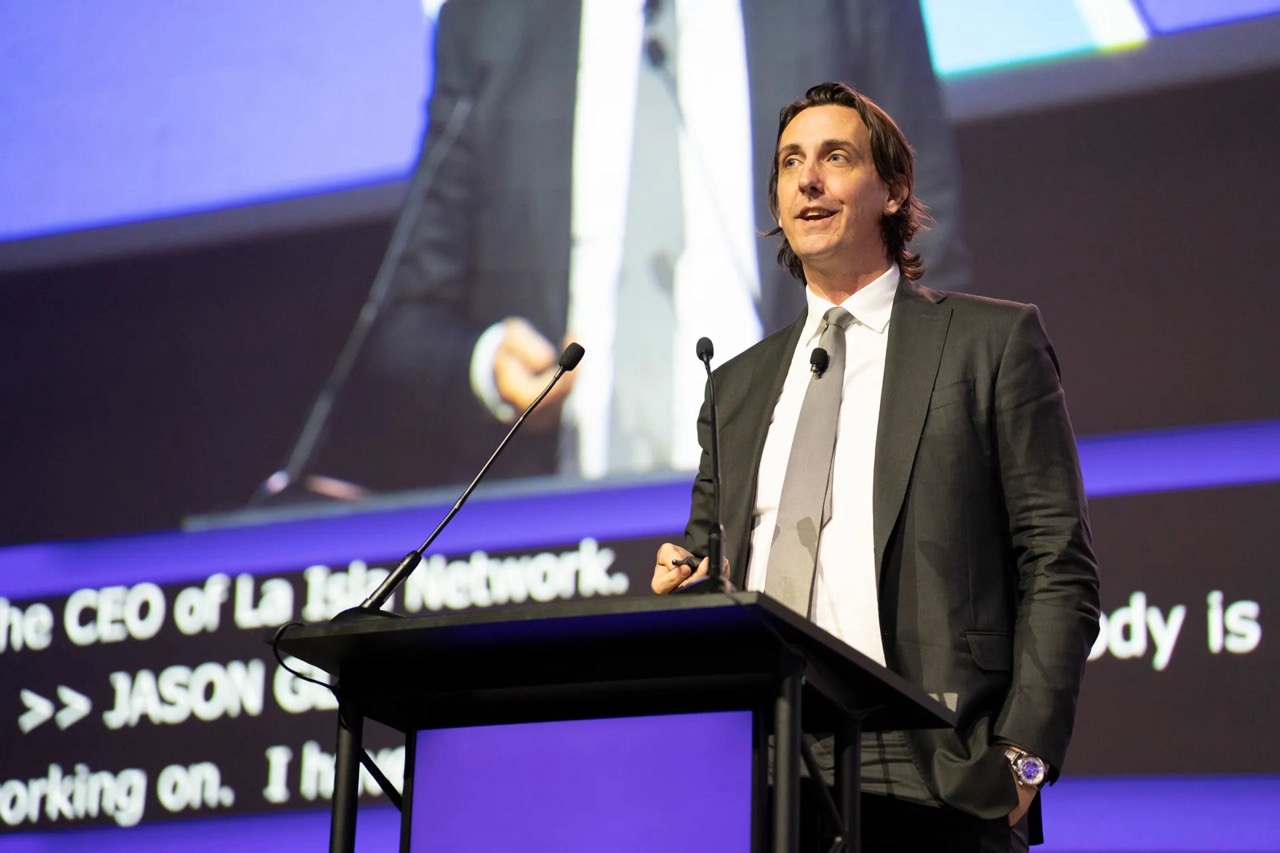Alumna Spotlight: Claire Noone ’07
CRMS alumni Claire Noone speaks with students about community, human rights work and keeping CRMS ideals alive after graduation
The ability to stare down a genocidal Bosnian general at an international human rights tribunal does not come overnight. It is the product of years of hard work, dedication, experience, and exposure to human suffering. In the case of CRMS alumna Claire Noone ’07, many of the seeds that have contributed to her successes as a human rights lawyer were planted at CRMS.
Noone recently visited CRMS to share her story with students. In addition to speaking at an all-school meeting about her work in Bosnia and along the U.S.-Mexico border, she attended several classes and had lunch with students. She was delighted to see that many of the ideals that shaped who she is, still exist today at the school.
“My whole CRMS experience built me up for what I’m doing now,” she says. “The idea that we are members of a community and not just individuals and that we are all equally responsible for the upkeep of our community is so important.”
Whether she was out skiing, cleaning bathrooms, or learning how to make biodiesel during an interim, Noone learned during her time at CRMS that “my community is my town, my country, my world. It’s my responsibility just as it’s anyone else’s to care for each other and ensure we’re improving. I have found different ways to carry on that mission of responsibility and community that was fostered very heavily at CRMS.”
After graduating, Noone attended Whitman College where she was able to study abroad in Croatia, Serbia, and Bosnia. She also spent time on the US-Mexico border analyzing the inefficiency of the immigration process. After college, she returned to Bosnia, where she was assigned to help women who had survived the genocide and now had formed a community of different ethnic groups learning how to work together.
“I learned a lot from those women about resilience and dedication to a cause,” she says. “Up until last year, many criminals that committed genocide were walking free. Seeing what that does to the spirit of a community trying to recover, knowing that there’s no justice, that’s when I decided to go to law school.”
While at the University of Denver’s Sturm College of Law, Noone was able to join the team prosecuting the chief general of the Bosnia genocide that killed so many of the loved ones of the women she knew. The experience came full circle in 2018 when she was able to return for the judgment against him.
“There’s a lot of darkness in this world and a lot of suffering and pain,” she acknowledges. “Everyone’s built differently to handle these kinds of humanitarian crises. I feel most human when I’m engaging in that suffering with others. Just the act of doing something about it quiets the despair. Being able to look into a woman’s eyes and say, “we got him, we got this monster,” that feeling is the collective power of goodness won.”
Noone feels the same way about her work on the U.S. – Mexican border, where she legally advocates for women and children seeking asylum. She visits detention centers and is sometimes the first and only friendly face a child may see. At the all-school meeting, Noone shared a unique first-hand perspective.
“Looking at children in razor wire fences seems objectively to be a bad situation,” she says, “but not when you look at where they’ve come from. They should absolutely be with their families, but it was an eye-opening thing to hear from children repeatedly that, yeah, this isn’t ideal, but I’m not complaining about anything. If the population of the United States really sat with the reality of why these people flee conflict, why people are coming to the border, they would understand a little better why deterrence is not sufficient.”
Noone has found hope in the little moments she’s witnessed in the detention camps, including watching a group of boys teach one young lad to shave and watching others play soccer.
“Being able to play soccer and not be worried about bullets flying, just being able to play and be children is a gift to a lot of them,” she says. “They’re relieved for the first time in their lives that they didn’t have to look over their shoulder or worry about finding food for the day. They were able to be cared for in a very fundamental way.”
Noone has an inkling of what their lives may have been like back home. She first exposed herself to extreme poverty at CRMS when she took both interim and senior project trips to Nicaragua. For her senior project, she helped kick-start a family farm by clearing fields and procuring banana stock to plant. She and two other students slept in a chicken coop and cooked their own food over a fire. That experience gave her insight into why people might leave their homes and also helped her cultivate how best to connect with others in a way that let them maintain their dignity and be the experts in their lives. Her ability to speak Spanish, also learned at CRMS, helps her work as well.
“My ability to speak Spanish is like a superpower that I can use to help people,” she says. “I’ve worked alongside other attorneys who have a translator and see the extra difficulty they have connecting with clients. Speaking Spanish is such a huge door opener for any service or work you want to do. I wanted the [CRMS] students to see that it’s not just sitting there learning conjugations in class. It really is being able to cast a spell and enter into another world and be a part of someone else’s life.”
After talking to classes, Noone concluded her time with CRMS students over lunch where overwhelmingly they wanted to discuss how they could get involved. “There’s a distance between understanding and empathizing with someone’s issue and then being able to actually do something about it,” she says. “These students wanted more tangible things that they could do.”
As a result, Spanish classes will be writing notes of support and encouragement that she will hand-deliver to her clients on the border. Noone also offered students ideas for senior projects and ways to get involved.
“You don’t have to be an attorney or speak Spanish,” she says. “People need help in different ways. It was cool to be able to connect with students and say, you don’t have to wait ten years until you go through college and law school. There’s no end point when everything comes together. You just start doing it, and who better than a CRMS student?”
Noone admits that human rights work can take its toll. Although she plans to continue that work and ultimately would love to help set up a human rights tribunal for Syria, she’s returned to Glenwood Springs to join her father’s water rights law firm. To this day when she’s in a difficult situation, Noone looks back on her CRMS experiences as a compass for how to move forward. She hopes CRMS students will hold tight to their time here and keep the ideals and sense of community and activism alive after they graduate.
“There is a way to take what you know at CRMS and keep that fire going,” she says. “All you have to do is keep moving, keep doing the work, keep living out the ideals that you embraced at CRMS. There is no need to compromise on those ideals. The frame with which you look at the rest of your life and your education is built beautifully at CRMS, and I feel so grateful for that.”
 MYCRMS
MYCRMS
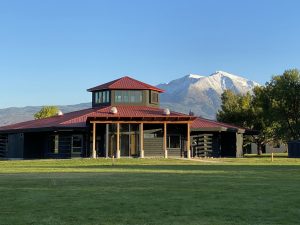
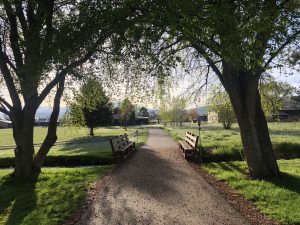
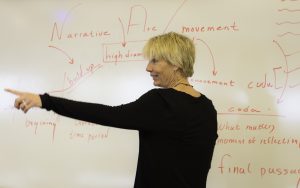
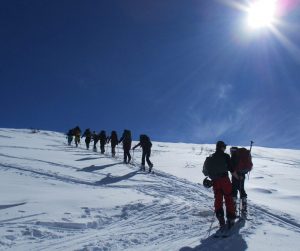
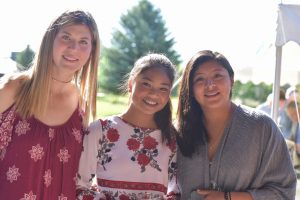
 Virtual Tour
Virtual Tour